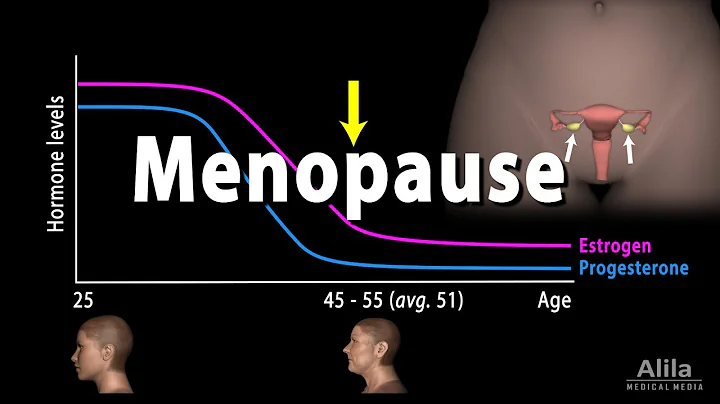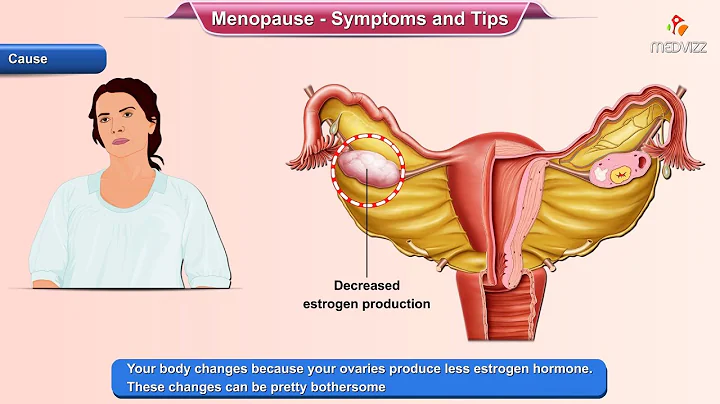
When you are feeling unwell all over, hurting everywhere, frowning, and depressed, do you treat it as menopausal symptoms and endure it, or do you think you are overtired and need to rest? But in fact, not necessarily! Today I would like to share with you a disease whose name sounds strange but whose symptoms are very familiar—fibromyalgia.
The incidence of this disease in women is three times that of men.
Fibromyalgia syndrome is a clinical syndrome characterized by chronic systemic widespread skeletal and muscle pain, accompanied by symptoms such as fatigue, sleep disorders , anxiety and depression. Many friends are unfamiliar with this word, but if you think about it carefully, does the following scene sound familiar:
“Recently, I feel like, oh, my muscles all over my body are sore, sore, stiff, and uncomfortable.”
“I’ve been upset all day long. Confused, tired and weak, irritated by the smallest things; I still can't remember things, and I don't know if it is a menopausal neurasthenia? "
...
When this happens, many friends think: maybe recently. If you are too tired, take a rest and take a look; after resting for a while, you find that it still doesn’t work, so go see a doctor. At this time, some friends will be diagnosed with arthritis, rheumatoid and some neurological diseases, and some may be diagnosed with menopausal neurasthenia, etc.
But in fact, not necessarily! When you feel unwell all over, feel pain everywhere, feel depressed and depressed, be alert to fibromyalgia syndrome! The pathogenesis and etiology of the disease remain unclear. The global incidence rate is about 2% to 8%, mostly in women aged 25 to 60 years, and the incidence rate is about three times that of men.
Pay Attention to Four Typical Symptoms
Common symptoms of fibromyalgia syndrome are as follows:
Whole body pain. Pain spreads throughout the body and is difficult to locate accurately. It is mild and sometimes severe and cannot be relieved by rest. Fatigue, mental stress, cold, rainy weather Weather and other factors will aggravate the condition.
Insomnia and anxiety 90% of patients have sleep disorders, such as physical and mental fatigue, insomnia and dreaminess, lack of energy, difficulty concentrating, memory loss, and so on.
Joint discomfort. Many patients and friends will complain about joint pain and discomfort, stiffness and numbness, etc. when they go to the doctor.
Other symptoms: Some patients may experience weakness, night sweats, weight fluctuations, dry mouth , dry eyes , etc. Some patients may also experience bladder irritation symptoms, Raynaud's phenomenon, etc.
If you have long-lasting, widespread pain all over your body, accompanied by fatigue, sleep disorders, emotional disorders, etc., you should see a doctor in time and seek help from a doctor to check whether it is fibromyalgia syndrome.
Medication + self-regulation This disease can be cured
Under the guidance of a doctor, it is very important not to be impatient, not to give up, and to strengthen confidence in treatment. Through unity and cooperation with doctors, through unremitting efforts, most patients can get effective clinical cure. In terms of medication, , pregabalin, and other neuralgia drugs are mainly used in combination with antidepressant drugs. It can be supplemented by calcium tablets, and neurotrophic drugs.
In addition to medication-assisted adjustment, the most important thing for patients with fibromyalgia syndrome is self-psychological adjustment, relaxing their mood, maintaining a positive and optimistic attitude, and not allowing themselves to have too much stress or anxiety. Pay attention to the combination of meat and vegetables in your diet to ensure nutrition. We can also do some sports in our daily life. Continuous stretching and contraction of muscles can improve our pain conditions.
Pain Department 's stellate ganglion block can improve the neuroendocrine function of the hypothalamus-pituitary-adrenal axis by regulating the tension of the sympathetic nervous system, and may play an important role in improving the condition. At the same time, ozone autologous blood transfusion therapy can play a better role by improving microcirculation and regulating immune function.
Text/Yue Jianning (Xuanwu Hospital, Capital Medical University)





















